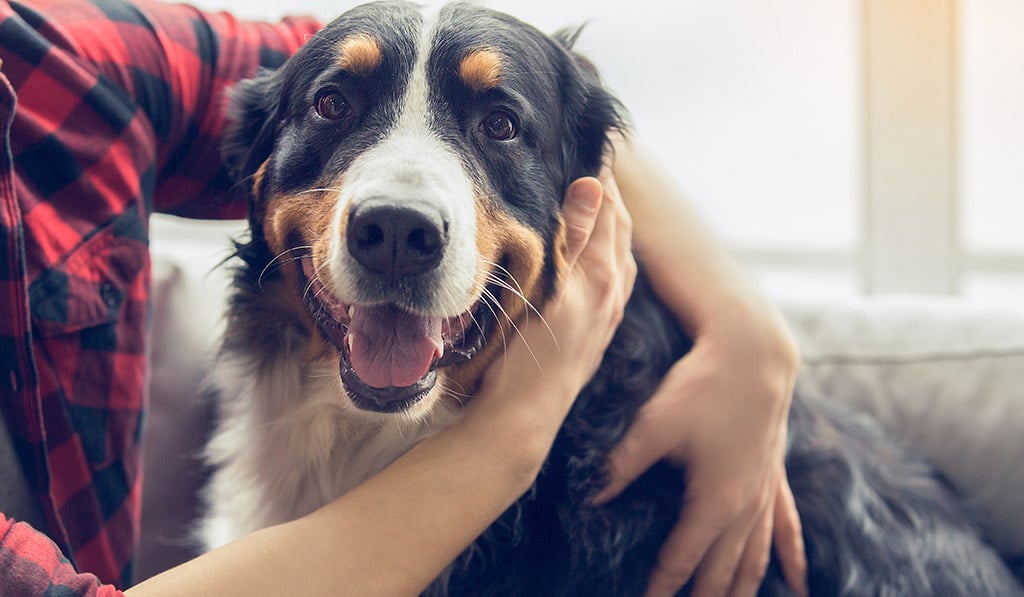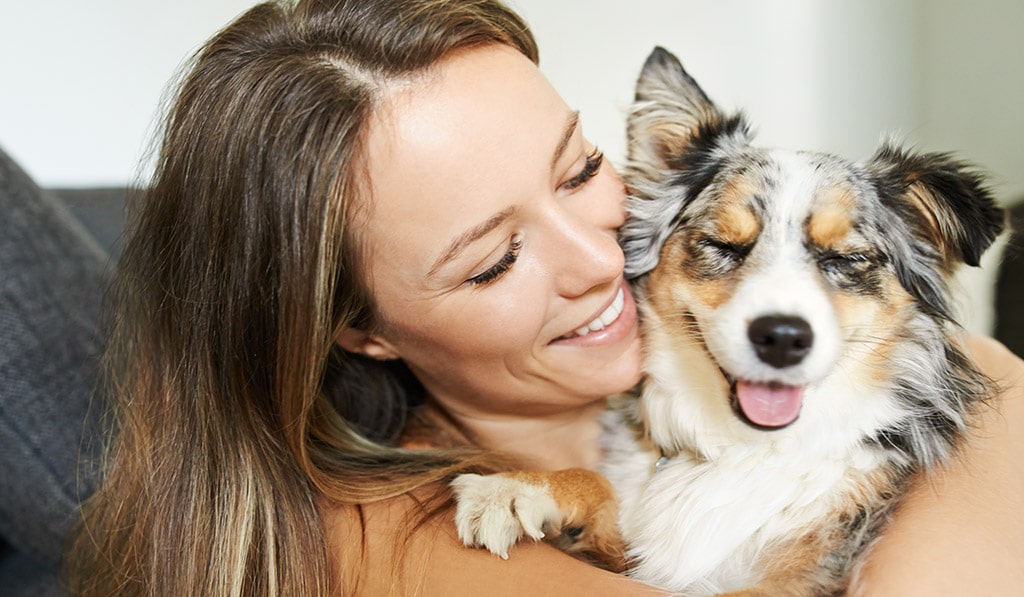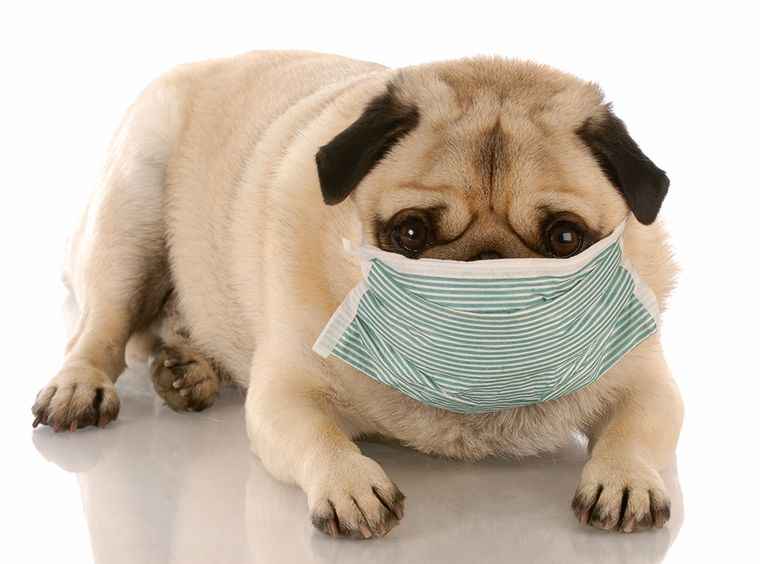A Resource Guide for Pet Parents About COVID-19
(I took this directly from the Rover blog)
As the new coronavirus SARS-CoV-2, (the virus that causes COVID-19), continues its advance across the globe, we know many of you are concerned about the health and safety of your family—including your pets. Because we at Rover are pet lovers too, we understand and share your concerns. We wanted to do our part to help answer some of the questions we are hearing from the Rover community and pet parents about dogs and the coronavirus.
In consultation with Dr. Gary Richter, a veterinarian on Rover’s Dog People Panel and author of The Ultimate Pet Health Guide, and in accordance with the latest guidelines from the Centers for Disease Control and Prevention (CDC) and the World Health Organization (WHO), we’ve put together this resource for pet parents to address some of the questions you may have, from disease transmission details to how to keep your pet occupied while you try to get some work done, and to simply provide reassurance and the facts about dogs and COVID-19.
We will continue to monitor the progress of the disease and update this article with new information as it becomes available.
For now, let’s move on to the big question.
Can Pets Get the Coronavirus?
According to the CDC, there is no evidence that COVID-19 can be shared between people and our dogs, cats, or other companion animals. As of 3/11/2020, the CDC states:
There is no reason to think that any animals including pets in the United States might be a source of infection with this new coronavirus. To date, CDC has not received any reports of pets or other animals becoming sick with COVID-19. At this time, there is no evidence that companion animals including pets can spread COVID-19. However, since animals can spread other diseases to people, it’s always a good idea to wash your hands after being around animals.
As indicated above, and, as Richter explains below, a companion animal of someone who tests positive for COVID-19 could carry the virus on their fur or elsewhere on their body, so we echo the CDC’s recommendation to “wash your hands after being around animals.”
Biologist, science educator, and Rover blogger Emilie Bess explains more in our article, Can Dogs Get the Coronavirus?

Dogs and Coronavirus: FAQ
We asked Dr. Gary Richter, a veterinarian on Rover’s Dog People Panel and author of The Ultimate Pet Health Guide, some frequently asked questions about pets and the coronavirus.
Should I be concerned about my dog or cat picking up the novel coronavirus infection?
There is no evidence at this time that dogs or cats can become ill due to the novel coronavirus. There have been cases of dogs testing weak positive when they have been living with an infected person, but it is not suspected these animals can pass the virus to humans.
Should I be cleaning my dog/cat more often? Should I sanitize my pet in any way?
There are no particular precautions regarding keeping pets clean relative to the coronavirus.
If the pet was exposed to an infected person, it is theoretically possible that virus particles on their fur could be picked up by a human as a result of petting (although this is unlikely).
If a pet is suspected to have been exposed to an infected person, bathing the pet should resolve any concerns about them carrying virus on their fur.
Should I change my behavior around my cat/dog while this disease is going around?
There is no evidence to suggest this is necessary.
Should I be afraid of petting other dogs, going to the dog park, or gathering in large groups of other pets?
The concern here is from people, not other animals. Going to the dog park might expose people to other infected humans. There is currently no evidence to suggest that transmission from dog (or cat) to human has occurred.
Working at Home with Dogs: How to Stay Active
Health authorities are recommending “social distancing” to help prevent the spread of the virus. Even if you’re not under quarantine due to an infection with or exposure to COVID-19, you’re likely limiting your activities and you may be working from home.
While your dog may be thrilled to have you around more often, they’re also likely to get bored or restless. And they may very well distract you from getting work done.
As Dr. Richter mentions above, going to the dog park might not be a great idea right now. But daily walks are advisable—both for your dog’s activity level and your own!
Additionally, check out these fun, easy ways to stay active with your dog indoors.
Other ideas for keeping busy include puzzle toys for dogs and enriching games and activities like these.
And finally, if you’re homebound for the foreseeable future and looking for ways to get extra snuggly with your pets, we have a guide for that, too. It’s called The Ultimate Guide to Getting Cozy With Your Dog (and Cat).

Pet-Safe Cleaning Tips
Washing your hands, avoiding touching your face, and sanitizing surfaces: these recommendations are important in any home, with or without pets.
But as Dr. Richter points out, there’s no need to use special “sanitizing” products on your pet. In fact, hand sanitizer, with its high alcohol content, should not be applied to your dog (or cat). Instead, an ordinary bath with pet-safe soap or shampoo will suffice.
Pet-specific paw wipes are handy for reducing dirt and wiping away potential allergens like pollen and dander. They will not kill germs like the coronavirus, however (just as human baby wipes cannot).
See our recommendations for our favorite pet shampoos here.
Services on Rover and the Coronavirus
Rover continues to monitor updates from the CDC and the WHO and follow their specific recommendations (you can read our official statement to our community on the new coronavirus here). Our team is staying current on all developments surrounding the new coronavirus and will continue to provide resources to keep our community informed and up to date. As this is an evolving situation, please consult the CDC and the WHO for updates.
However, if you are feeling sick, please consider whether you should cancel any services on Rover to reduce the risk of spreading germs to others. For instructions on how to cancel a booking, read this article from the Rover Help Center. You can also contact our customer service team at 888-453-7889 if you have questions about cancellation or booking policies.
The Silver Lining? Dogs Reduce Stress
We know the news is heavy these days and can feel overwhelming, but Rover has a secret weapon: Dogs are awesome to be around in times of stress!
Spending time with your canine companion can help ease your anxiety, lift your oxytocin levels, and might even help you live longer.

